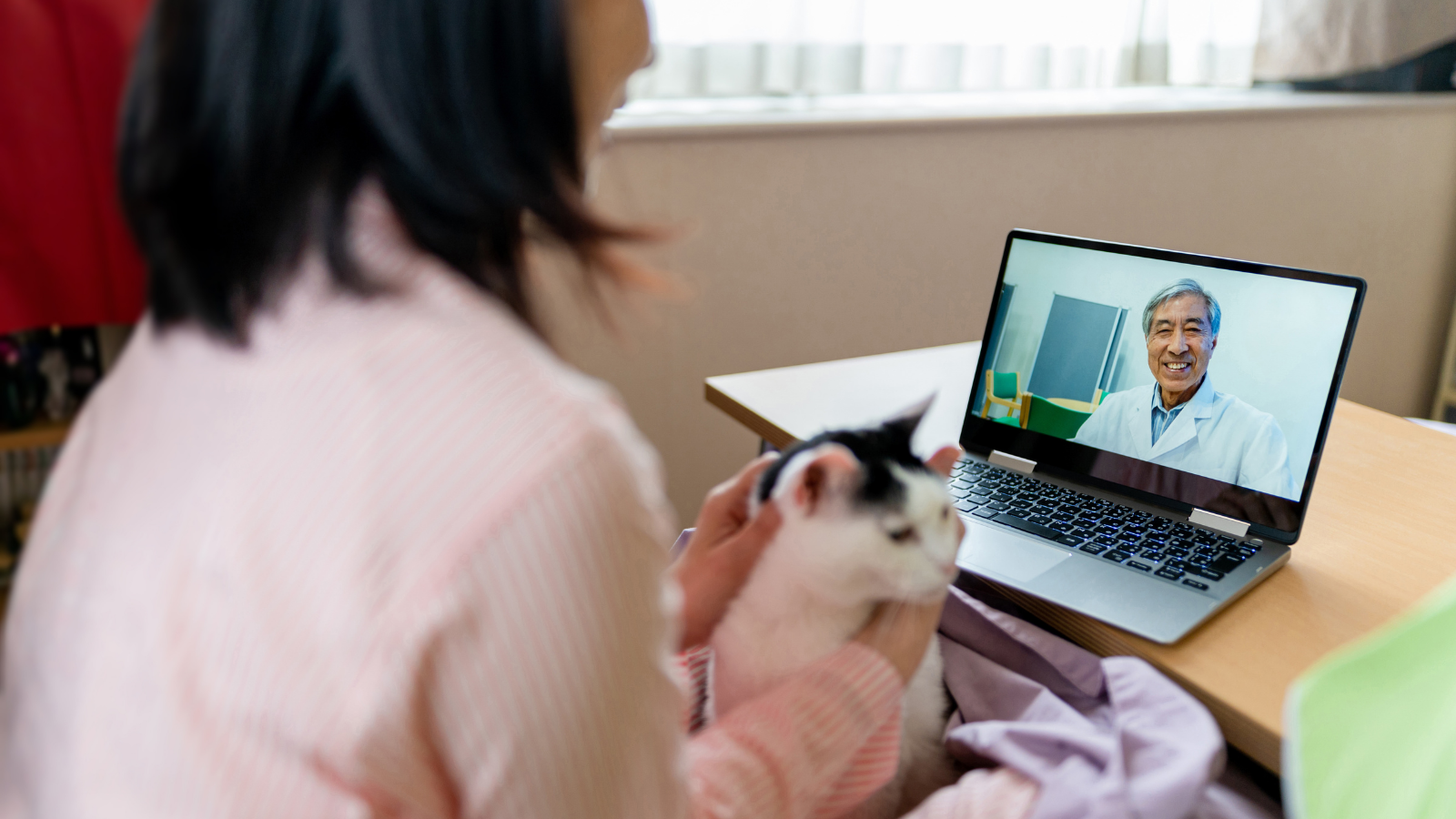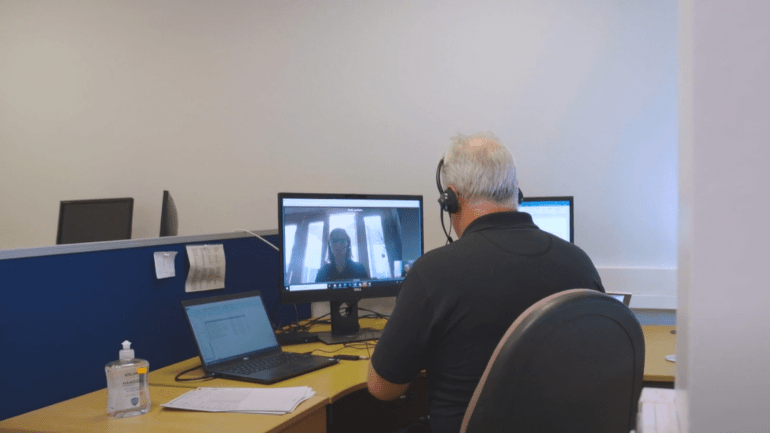Bethan Whistance, Research Assistant at TEC Cymru, takes a look back at some of the patient feedback we've collected over the last 18 months and identifies some of the things we didn't expect to see.

Over the last 18 months, Technology Enabled Care (TEC) Cymru have continually evaluated video consulting (VC) across Wales.
This has been achieved using mixed-method evaluations such as surveys, interviews, focus groups and events. This is soon to be paired with observational and experimental studies.
Using these methods has allowed us to hear from clinicians on how VC is working for them and their service experiences. It’s also enabled us to hear from patients, highlighting the benefits, challenges and sustainability of VC across Wales.
While VC was a relatively new concept, we were able to make a number of initial assumptions about what the patient experience would look like, such as travel and flexibility benefits, with the possibility of IT teething issues. Many of the findings were in fact pleasantly unexpected, and VC has helped patients more than we could ever have imagined, not only at the beginning of VC’s implementation, but the whole journey across Wales.
While there are many outcomes within the VC data, it is important for us to showcase the patient experience and voice the aspects that were slightly more unexpected.
Here are the top three things we didn’t expect from patient feedback:
1. Patients feel more empowered and involved in their care than ever before
By having the opportunity to use VC, patients have highlighted how much more involved they are in their own care, including their families too. Many patients have been able to help manage their care at home. For example:
- physiotherapy patients conducting exercises within their own homes
- a young person’s family or carers being able to support and monitor their progress through an eating disorder
- speech and language patients being able to learn about the equipment they need with their families within the home.
“There is a good opportunity for partners, carers to be involved” (Patient, male, 64-80, surgery)
“Mum appears happy to support and possible not very involved until now” (SLT, ABUHB)
Being able to feel more involved in their own care has ultimately ensured that patients also feel empowered in this experience too, something that was limited with standard in-person, face-to-face appointments.
2. The ability for patients to build rapport and communicate with their clinician effectively when using VC
Closely linked with patients feeling empowered and involved in their care was the unexpected finding at how easy the majority of patients found building rapport and communicating with their clinician was over VC. For many, this was on par with in-person, face-to-face contact.
“Having a video call made it more personal for me the support given to me was excellent” (Parent of Patient, CAVUHB, under 12 years, Paediatrics & Child Health, Advice)
“[Name removed] was extremely helpful… She was engaging, courteous and professional in explaining what she felt the issues were with my hand. I found the whole experience thoroughly satisfactory. Many thanks”
(Patient, CAVUHB, 45-64, Male, Occupational Therapist, Trauma & Ortho, First Appointment)
“We have built up a relationship with our clinician via VC” (Patient, Male, 45-64, CAVUHB, Counsellor, Psychiatry & Mental Health)
Patients on the whole did not find this experience difficult, and through virtual consultations were able to converse with their clinician well, regardless of whether they had contact with them prior to the pandemic and the introduction of VC. For some patients, they even preferred this method of consultation.
“Please, keep the video consultation even after Covid-19. It is very valuable to patients like myself for various reasons and should stay to be used by the patient if needed and not only by doctors who choose to use it unless test, treatment or exam is required at the session” (Patient, CTMUHB, 25-44, Female, Psychiatry & MH)
3. How much patients have really valued VC during this time
One of the main and crucial aspects of VC for us here at TEC Cymru was to ensure that it was valuable to both clinicians and patients within services across NHS Wales.
Patients have expressed how grateful they are for their clinician, and appreciate them now more than ever, as they continued their care throughout the pandemic. Having VC has helped to enable this.
“It was great to feel that someone was there to chat to, who could see a difference in [patient name removed], while at the same time supporting us as a family. Worked really well, thank you” (Guardian/Carer of Patient, SBUHB, 25-44, Male, Psychiatry & Mental Health, Review)
Many patients expressed that they could really see the value in having access to the platform and the option of using a virtual VC platform into the future, something unexpected that we truly could not have predicted until the patient feedback was available.
“This is the way forward for health care where appropriate” (Patient, 45-64, Occupational Medicine)
“Please continue and save time, resources, and protect the environment” (Patient, CTMUHB, Male, SLT)
Fundamentally, what we did not expect was such a large number of patients across Wales utilising and getting on board with VC so quickly and effectively, with what they believe to be the way forward within the NHS in Wales.
Interested in reading more on TEC Cymru’s evaluation of VC in Wales? Check out the latest reports.


 Bethan Whistance
Research Assistant
Bethan Whistance
Research Assistant
